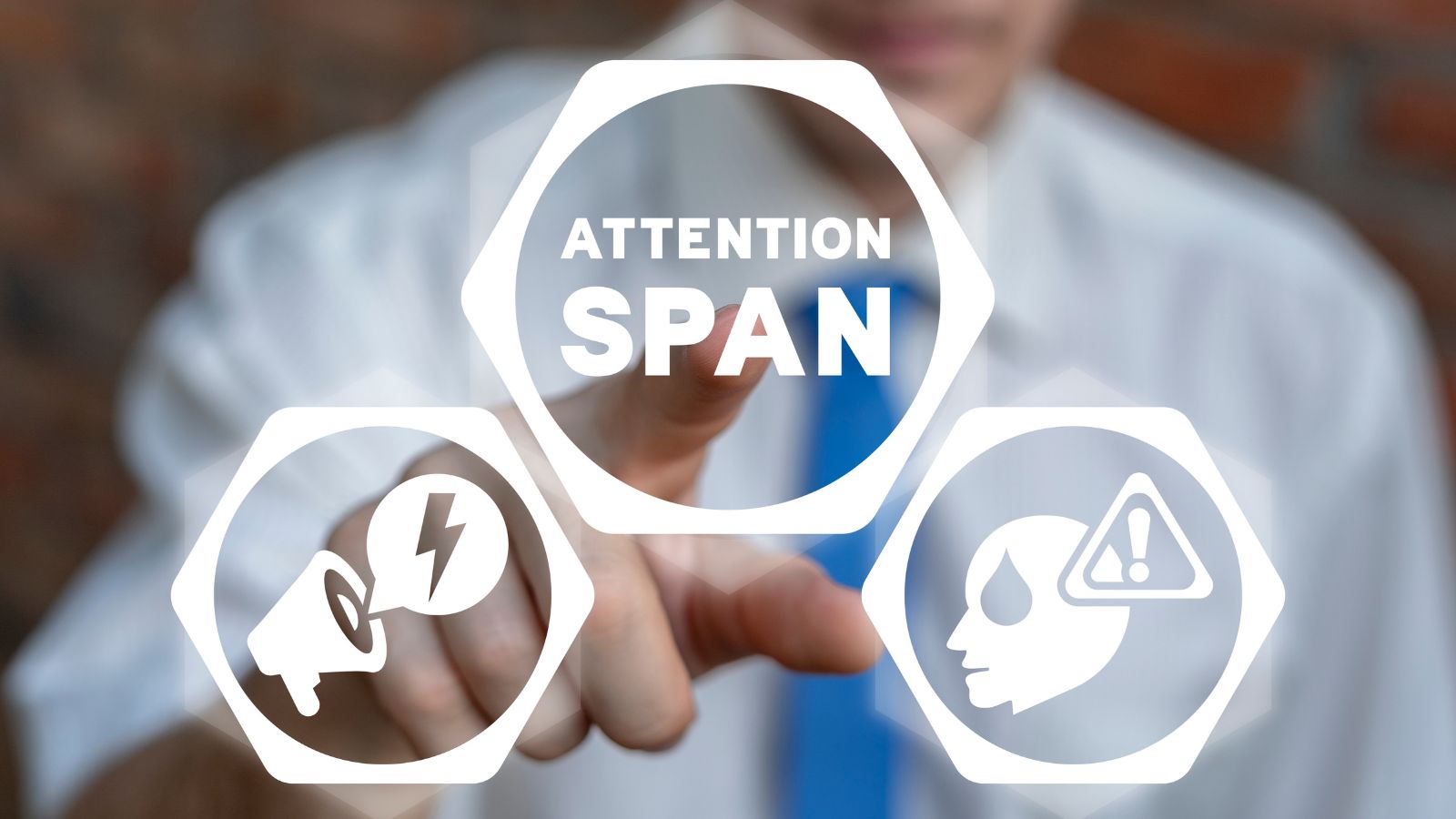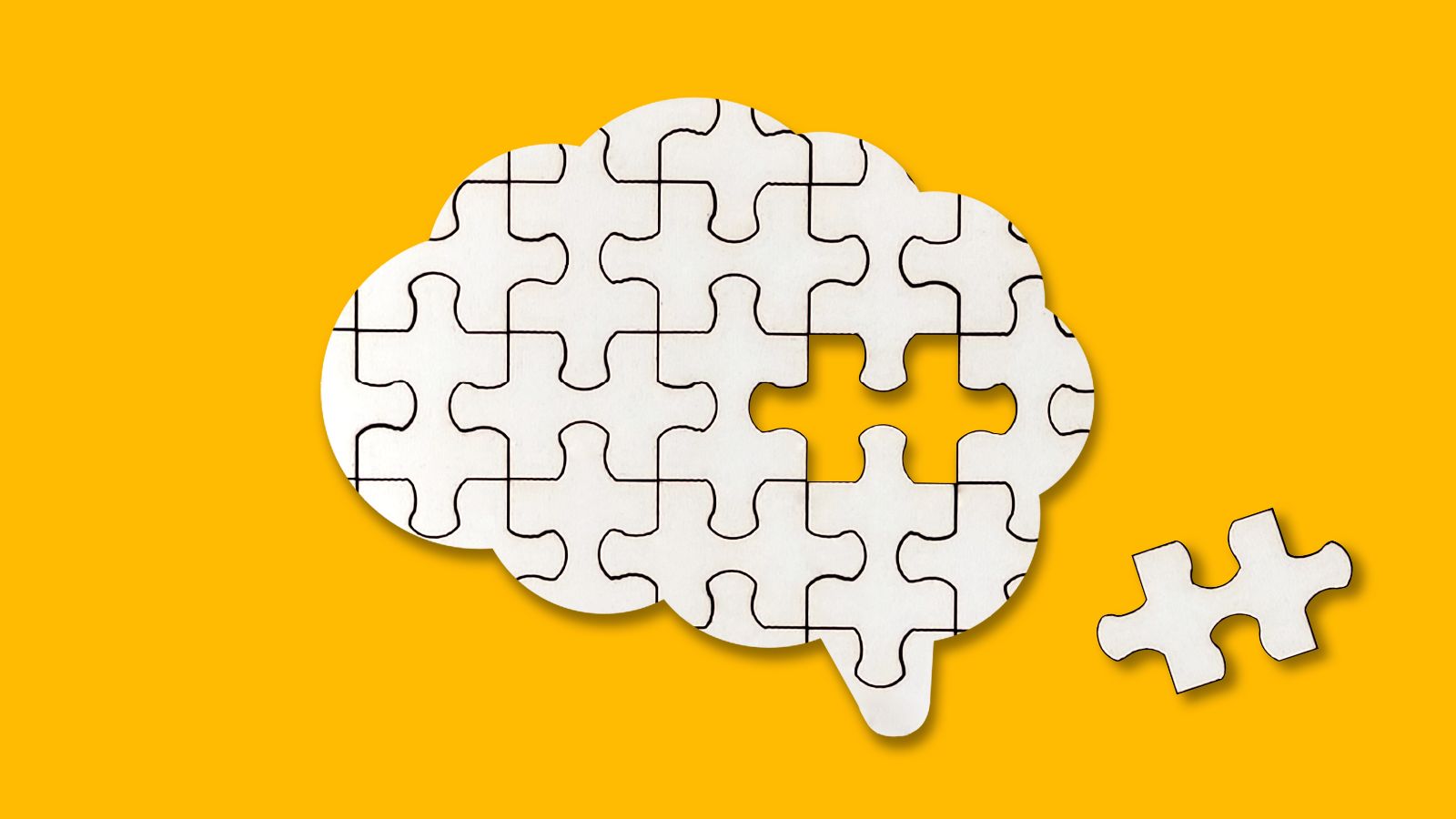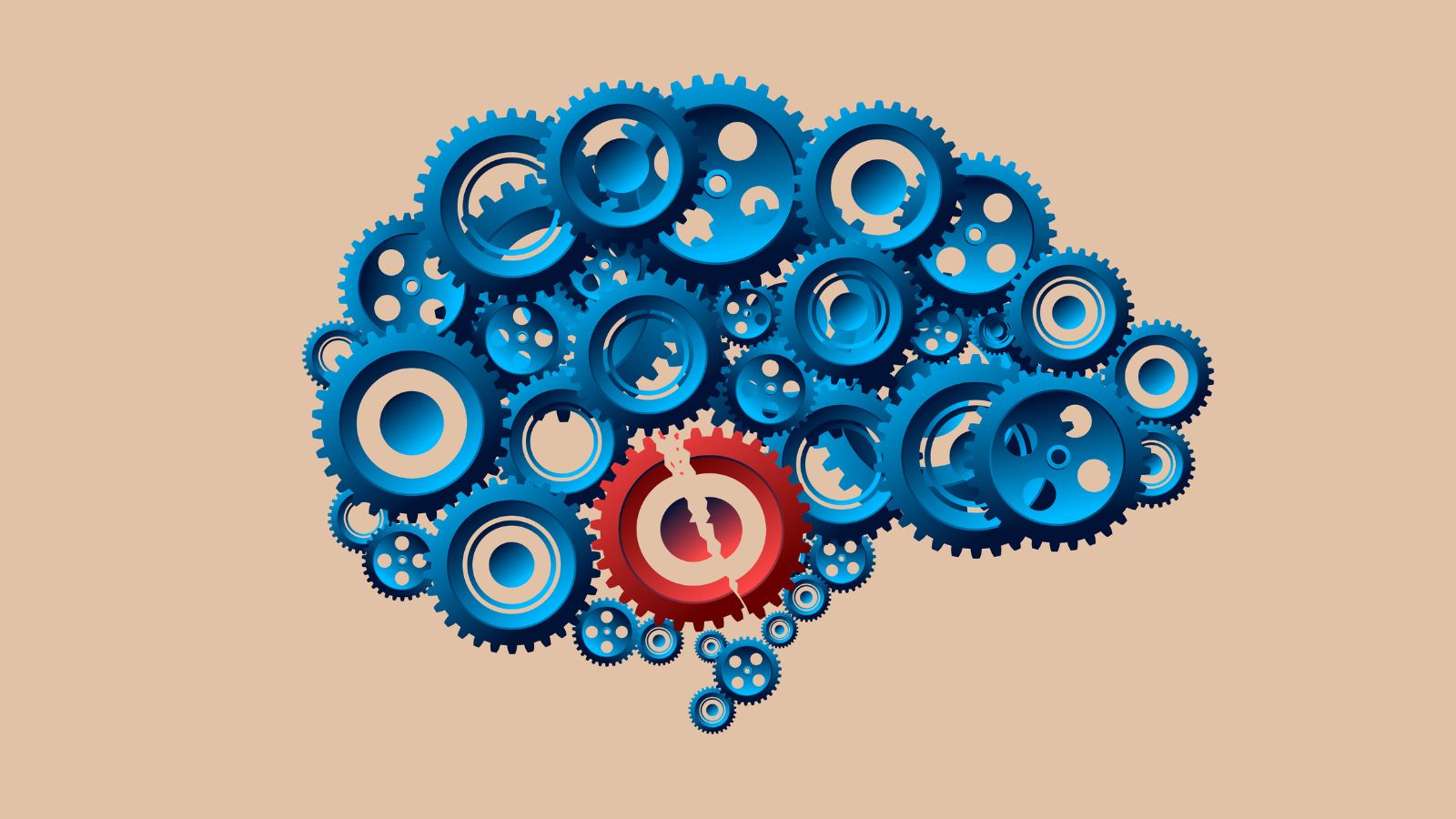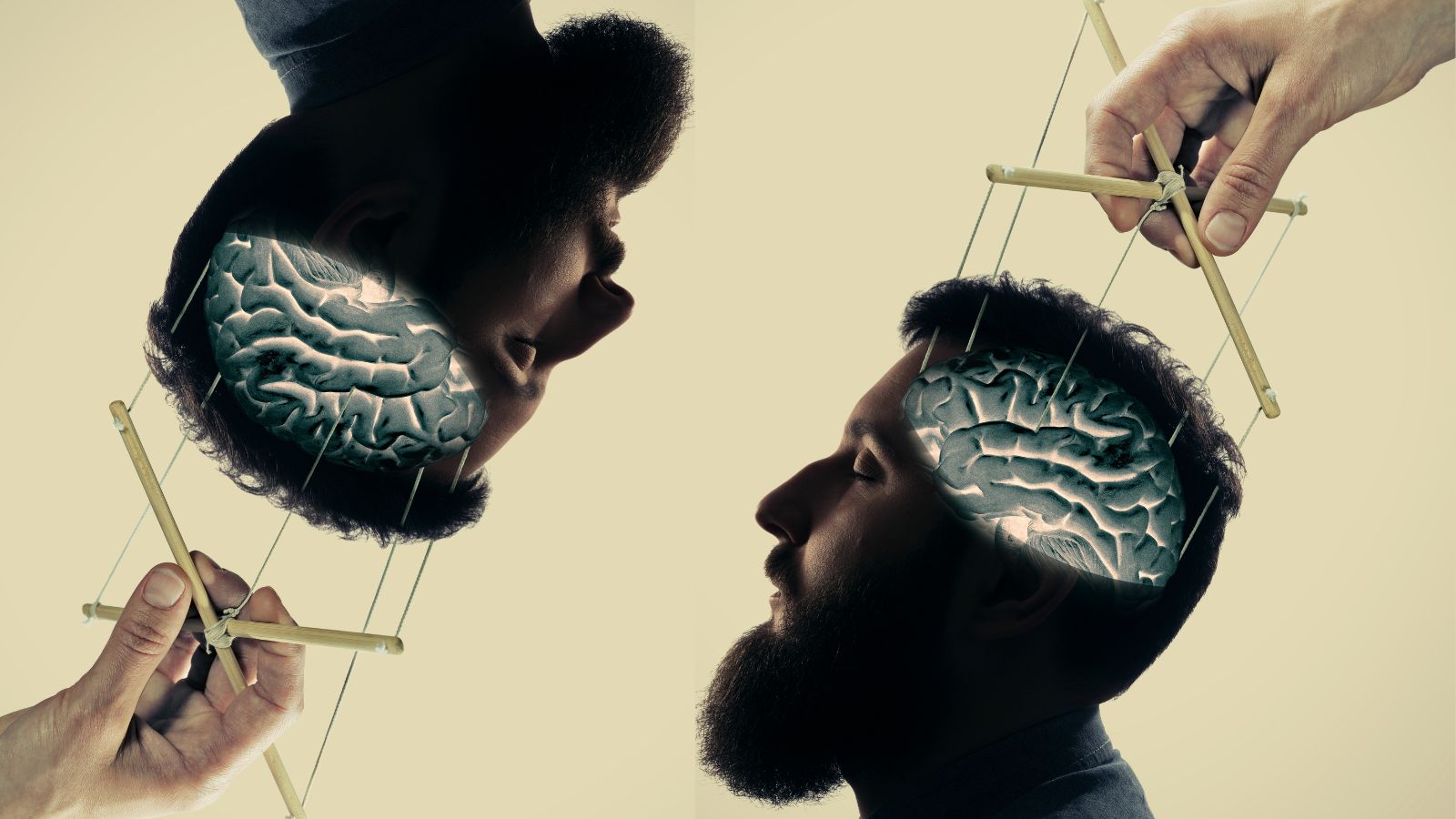In today’s digital age, technology has become deeply integrated into our daily lives, but it also comes with hidden costs. Increasing reliance on screens, social media, and constant connectivity alters brain health in ways we may not fully understand. From cognitive changes to emotional impacts, digital dependency reshapes how we think, behave, and interact with the world around us. This article explores 20 startling signs that your growing digital dependence may affect your brain health.
Decreased attention span

The most frequent adverse effect of digital addiction is a significantly reduced attention span. With so many alerts, multitasking has become so common that focusing on a single job for as long as one would like is impossible. Overwhelming the brain with these continuous transitions might make it difficult to concentrate.
Increased Anxiety and Stress

Excessive social media use can lead to increased anxiety levels. The pressure to always be “on,” along with the fear of missing out (FOMO) factor, can lead to tension and anxiousness. These include alerts, business emails, and numerous other social media posts that remind users they must always be “on.”
Sleep disturbances

Nature designed us so that our brains correspond to a sleep-wake cycle, known as the circadian rhythm. The pulsing lights on the screen disrupt this natural cycle, reducing the creation of melatonin, which causes sleep. Those who spend too much time on screens have improper sleep routines; they get low-quality sleep, primarily insomnia.
Inability to Remember the Lesson.

If the brain uses digital gadgets to store knowledge, it loses its capacity to remember and recall. This is known as “digital amnesia,” since instead of using the brain’s natural memory function, we utilize Google or our phones to remind ourselves.
Cognitive Flexibility: Reduced

Digital dependency can significantly reduce cognitive flexibility and the brain’s ability to switch between tasks and adapt to new information. Constant distractions from devices can impair concentration and hinder the brain’s capacity to process and adapt efficiently. Over time, this can lead to slower decision-making and reduced problem-solving skills.
Social Alienation

Excessive reliance on digital devices can lead to social alienation, as online interactions often replace in-person connections. This dependency may weaken social skills and reduce emotional intelligence, making it harder to form meaningful relationships. Over time, people may experience loneliness, isolation, and a diminished sense of belonging in real-life social settings.
Addictive Behavior

Digital dependency fosters addictive behavior as individuals feel compelled to check notifications, social media, and emails constantly. This habit activates the brain’s reward system, making it harder to disengage from screens. Over time, this can interfere with daily life, disrupt focus, and diminish enjoyment of offline activities, creating a cycle of reliance on digital stimulation.
Impaired Decision-Making

An overloaded brain that cannot make decisions results from the excessive output from digital devices. Weak judgment and an abundance of information lead to impulsive decisions. Consuming more at such a fast rate also causes one to lose the deep, reflective, and deliberate thinking that is essential for making well-considered decisions.
Higher Chance of Depression

Additionally, the growing prevalence of depression is a result of spending more time in front of screens, mainly social media. These behaviors, comparing yourself to others, attempting to improve yourself online, and bullying, have a profound impact on mental health.
Poor Social Skills

Digital communication thereby promotes relationships, but it may also impede the development of more critical social skills. Attempting to comprehend and react to social cues becomes challenging when text-based communication replaces face-to-face conversation with body language, eye contact, and tone of voice.
Decreased Empathy

Evidence suggests that too much digital screen time, particularly on social media, is linked to the decline of empathy. Internet relationships tend to miss the emotional highs of face-to-face conversations, and therefore, it may prove challenging to empathize with individuals. Moreover, people will behave brutally on the internet because no one knows your identity, thus weakening your empathic capacity even further.
Difficulty in Deep Work

In this age of frequent distractions through notifications, engaging in “deep work” will be challenging—long periods of focused, meaningful labor. The digital distractions that flood our attention cause a fractured mental process, lowering the quality and depth of intellectual pursuits.
Hyperconnection and Overstimulation

The brain, by nature, is not meant to be highly connected because the constant connection can go overboard in stimulating the brain and cause stress responses and mental exhaustion. Hyperconnectivity makes people feel overwhelmed, anxious, and unable to “switch off.”
Reduced problem-solving skills

Reduced problem-solving skills due to digital dependency often stem from an over-reliance on quick online searches and digital tools to solve challenges. This reliance can stifle independent thinking and creative problem-solving. As people become accustomed to simply “googling” answers, critical thinking skills may weaken, ultimately slowing cognitive development and limiting brain growth potential over time.
Digital Eye Strain

The syndrome is “digital eye strain,” in which prolonged screen use causes discomfort and vision impairments. It includes symptoms such as dry eyes, blurred vision, headaches, and double vision, all of which can lead to mental tiredness and impair cognitive ability.
Brain Fog

Excessive exposure to screens also results in “brain fog,” which means dazed thinking, forgetfulness, and confusion. This is because excess stimulation from digital devices can overwhelm the processing potential of the brain, making it challenging to concentrate or think wisely.
It limits creativity

Creativity thrives in isolation and intense reflection, which is often disturbed by digital addiction. The stable dose of new digital information may reduce the quality time set for reflective thinking and, in turn, limit people’s creativity.
Poor Physical Health

Physical health is very closely related to the brain. Digital addiction tends to lead to a sedentary lifestyle, which has further led to problems such as poor posture, obesity, and cardiovascular problems, all of which might impact cognitive performance.
Increased Impulsivity

The digital environment promotes rapid satisfaction, and consistent streams of information and entertainment may increase impulsiveness. This, over time, would hamper decision-making skills and even lead to several undesirable habits, such as binge-watching shows or making hasty purchases online.
Lower self-control

These benefits connected with digital devices, which activate the neurotransmitter dopamine, can damage the person’s self-regulating ability. When people frequently check their phones or respond to social media messages, they lose control of their impulses, resulting in an overdependence on quick satisfaction.
Conclusion

While technology has improved our lives in many ways, excessive use has severe consequences for our mental health. The symptoms of digital dependency are becoming more visible, ranging from reduced attention spans and poor social skills to mental health issues such as anxiety and sadness. People must strike a balance, using technology to benefit rather than harm them. Being attentive to screen time, setting limits, and taking regular breaks from digital devices can help maintain our mental and physical well-being, ensuring that technology continues to serve us rather than control us.
18 Reasons Why People Are Leaving Florida in Masses

Exploring factors that impact the desirability of living in Florida, this list delves into various challenges shaping residents’ experiences. From environmental concerns like rising sea levels to economic factors such as fluctuating job markets, these issues collectively contribute to a nuanced understanding of the state’s appeal.
18 Reasons Why People Are Leaving Florida in Masses
